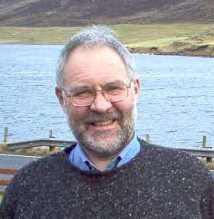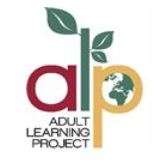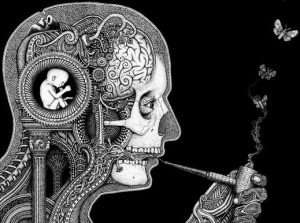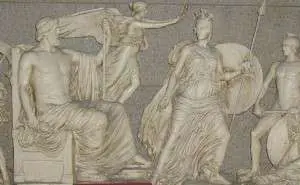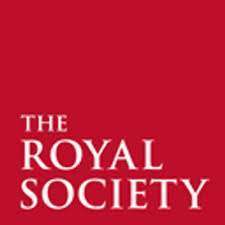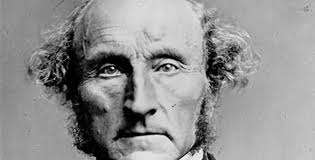Mad World: An Exhibition on Sane People in Insane Situations
From individuals interred for their homosexuality, to women who wanted divorces; from teenagers who wanted to write for a living, to malnutrition – discover the history and explore if you can logically spot madness.
Art Exhibition at St Margaret’s House From 27th May to 21st June
Edinburgh: 29th May: Mad World Art Exhibition Opening
Come along and to an art exhibition which is to challenge the world to discover the insane. The concept of ‘madness’ has been a part of human society for arguably millennia, many places – times – and peoples have shaped how we perceive ‘mental health’. Now, in the UK and western world, the dominant perspective is one which medicalizes behaviour, and the medical world has become the overriding voice which gets to speak about what meanings are attributed to these phenomena, and what they represent. Read more…



